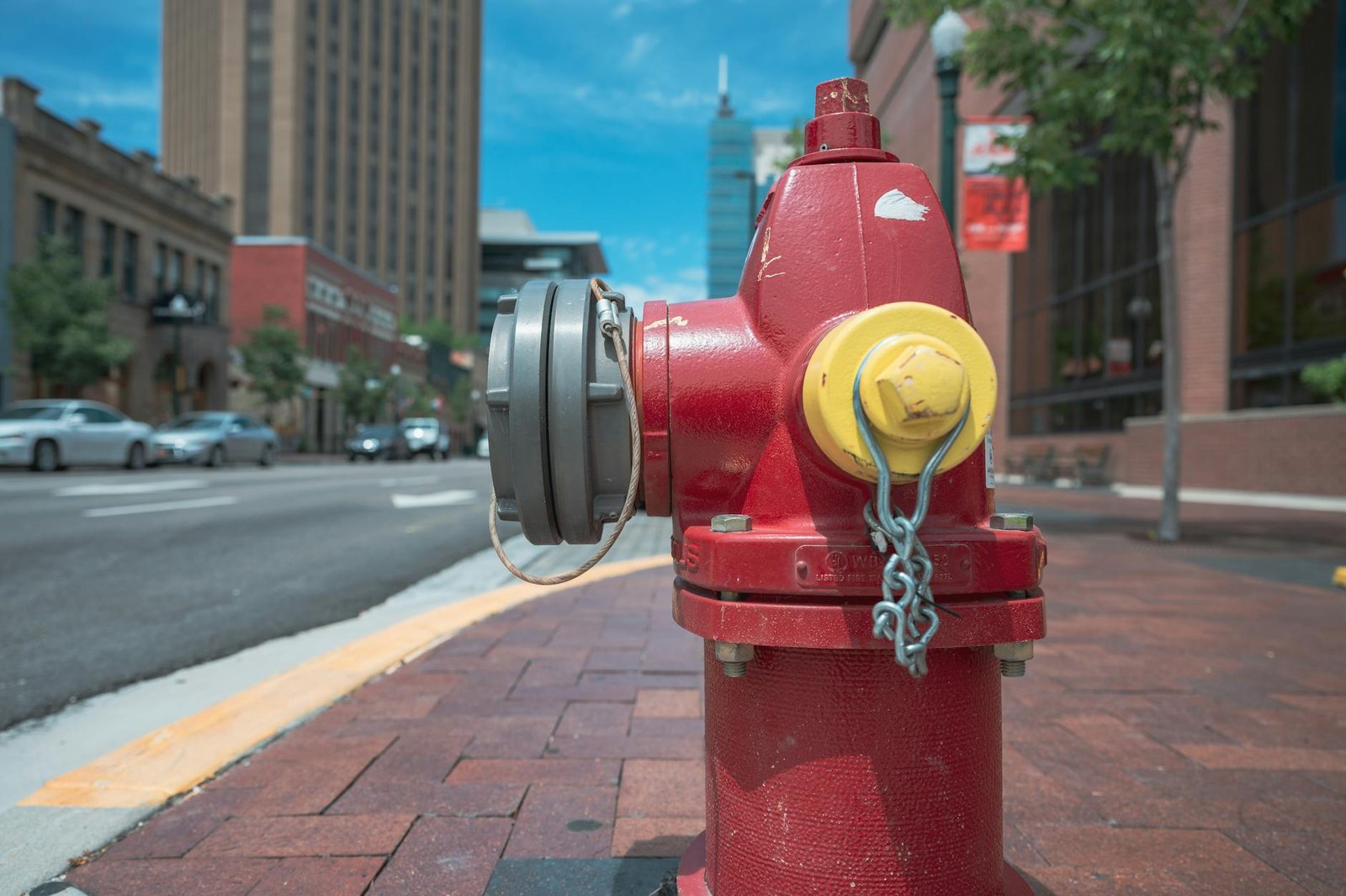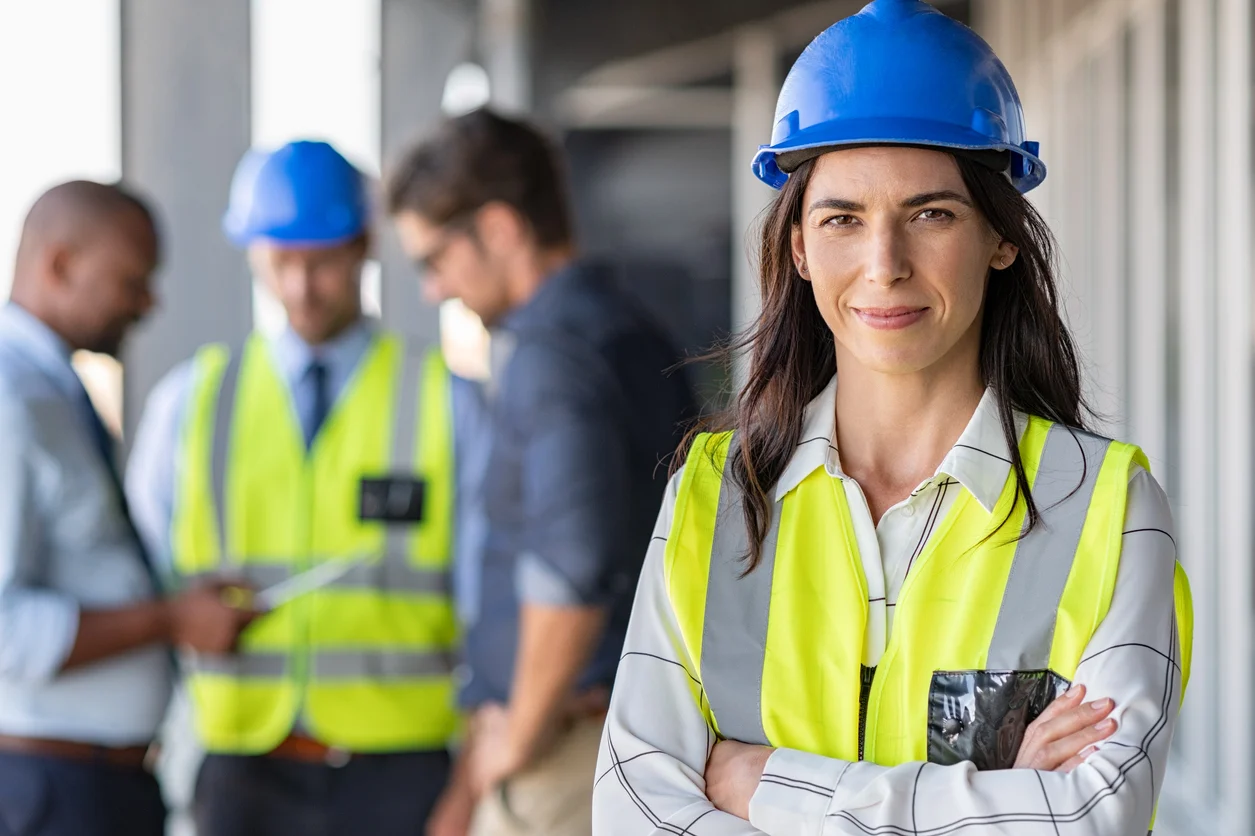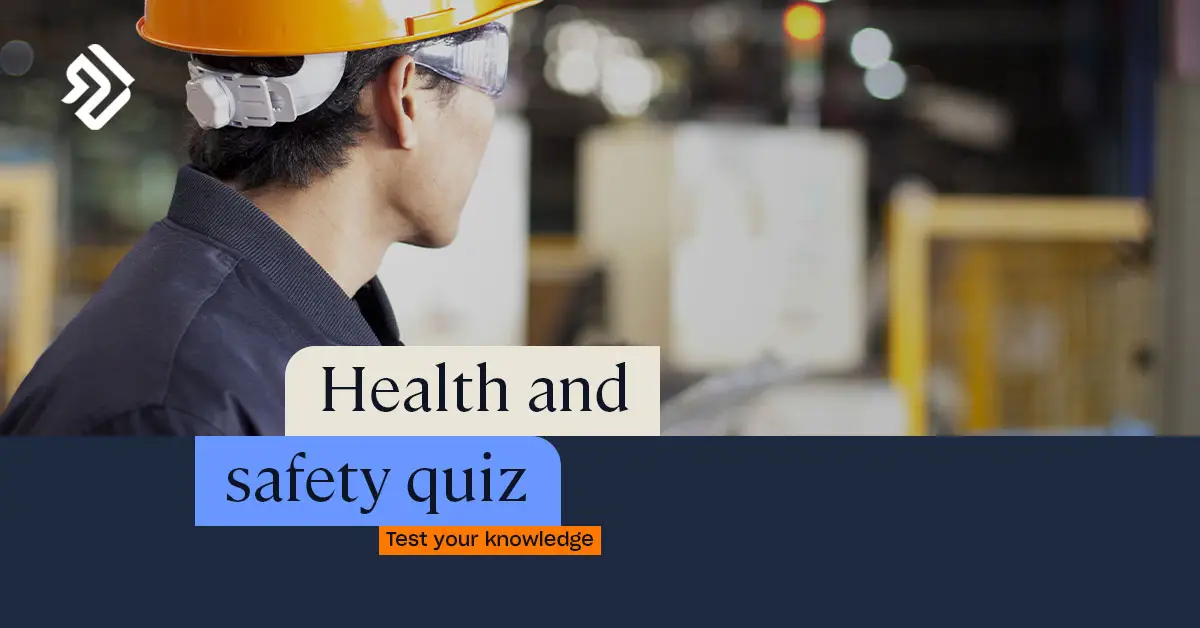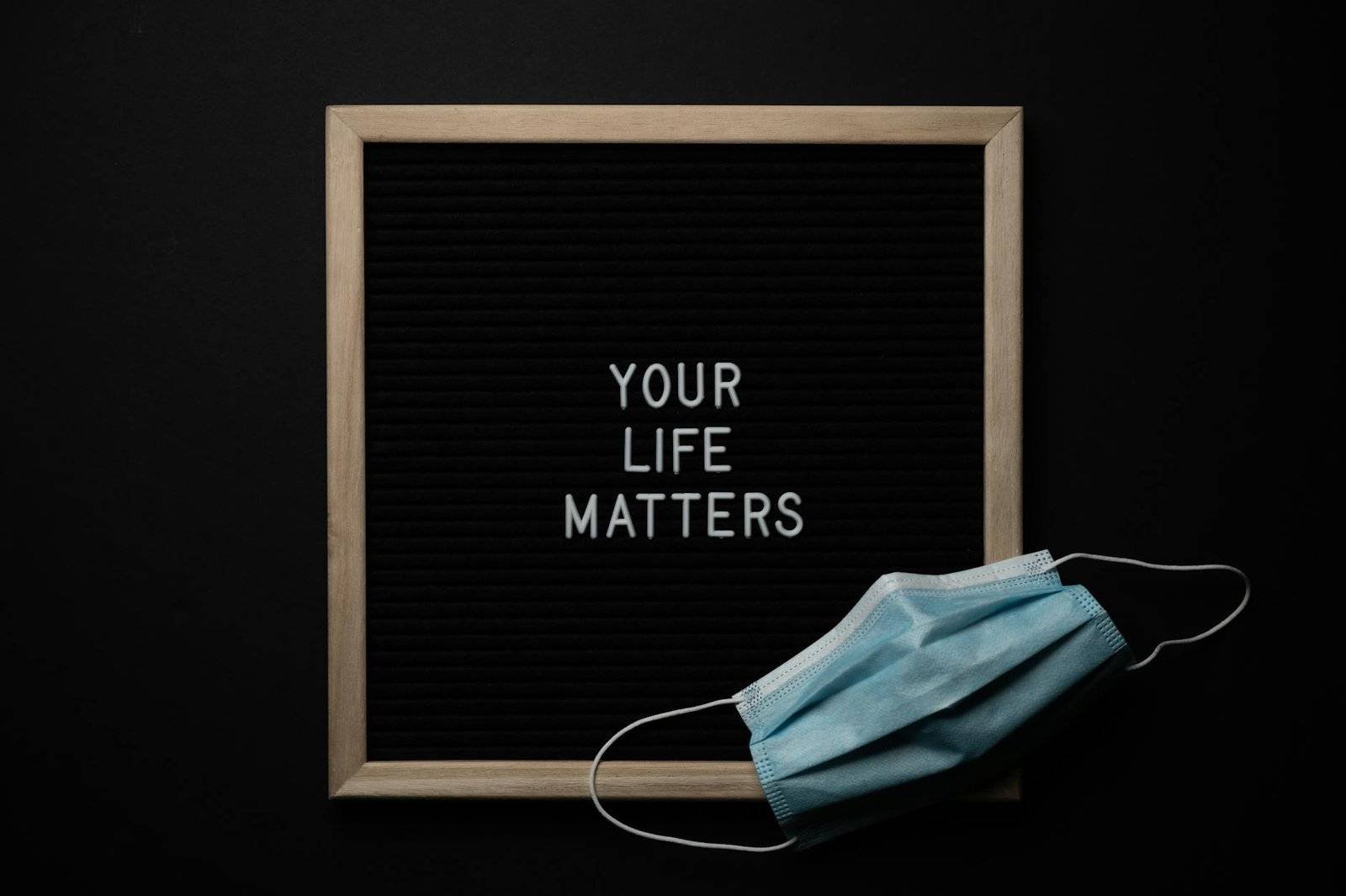So you’ve landed an interview for your dream job. Congratulations! Now it’s time to make sure the company culture is the right fit for you, and that starts with asking the right questions. We’re talking about the critical safety questions you need to ask in any interview. Your safety and well-being should be a top priority in choosing a new role, so don’t be afraid to ask tough questions about the company’s safety practices and protocols.
You’ll be spending a huge chunk of your life at this new job, so make sure you feel fully supported in creating a healthy work environment. Ask about safety training, reporting processes, workplace hazards, and the company’s safety record. Your life is too valuable to end up in a toxic work environment, so go into that interview prepared to get the answers you need. You’ve got this! Now take a deep breath and get ready to land a job at a company that truly values you. Safety first, dream job second. You deserve nothing less.
Why Safety Should Be a Top Priority in Interviews

Safety should absolutely be at the top of your list of priorities when interviewing for any job. As an employee, your physical and mental well-being are so important. Some key questions you must ask in an interview to determine if the company culture prioritizes safety:
Q1.What safety procedures and training do you have in place?
Look for specific, detailed answers about policies, documentation, and regular training on proper safety techniques and emergency response. If they seem vague or unsure, that could be a red flag.
Q2.How do you track and report safety incidents?
They should have a clear system for reporting issues, evaluating them, and making necessary changes to prevent future problems. Accountability at all levels of the organization is key.
Q3.What steps have you taken to ensure physical safety?
Things like well-lit parking lots, secure building access, first aid equipment, fire safety, etc. Your personal security should be a high priority for any employer.
Q4.How do you support psychological safety?
A psychologically safe work environment, where all employees feel comfortable speaking up and respected, leads to greater creativity, productivity, and job satisfaction. Ask how they build trust, encourage open communication, and handle conflicts or difficult conversations.
Q5.What safety certifications or awards have you earned?
Look for organizations that have been formally recognized for their high safety standards and commitment to continuous improvement. Certification shows they meet or exceed industry best practices.
By asking insightful questions about the company’s safety culture and procedures, you’ll gain valuable insight into whether they truly make employee well-being a priority before accepting an offer. Your safety is worth making sure of in the interview process.
Key Safety-Related Questions to Ask Candidates

When interviewing candidates for safety-critical roles, it’s important to ask the right questions. Some key ones to include:
What is your safety philosophy?
How candidates view safety and prioritize it in their work says a lot. Look for answers that emphasize proactively identifying hazards, continuous improvement, and company safety values.
Describe some unsafe conditions you have identified and rectified.
See if their go-to safety procedures align with company policies. Things like proper PPE use, lockout/tagout, fall protection, and confined space entry permits.
What safety practices do you always follow?
See if their go-to safety procedures align with company policies. Things like proper PPE use, lockout/tagout, fall protection, and confined space entry permits.
How do you stay up-to-date with safety regulations and best practices?
Continuous learning is key. Look for candidates that read industry publications, take refresher courses, and stay up-to-date with organizations like OSHA.
How would you promote a strong safety culture as a team leader or manager?
For leadership roles, it’s important they understand how to motivate crews and influence safety behaviours. Things like leading by example, open communication, training, incentives and accountability are good signs.
Asking insightful safety questions during interviews helps ensure you find candidates with the knowledge, skills, and mindset to work safely. And that will benefit both your company and its employees in the long run.
Probing Follow-Up Questions to Assess Safety Mindset
Once you’ve asked the initial safety questions in an interview, it’s time to dig deeper with some probing follow-up questions. These questions will give you insight into the candidate’s safety mindset and help determine if they’ll be a good fit for your company’s safety culture.
How do you stay up-to-date with the latest safety practices and regulations in our industry?
The answer you’re looking for is that the candidate makes continuous learning related to safety a priority through reading trade publications, taking additional courses, participating in webinars, etc.
Give me an example of a time you had to correct an unsafe behaviour or condition.
Look for specifics on the steps the candidate took: they identified the issue, determined corrective actions, collaborated with others, implemented changes and followed up to ensure the fix was effective.
Tell me about a safety suggestion or improvement you implemented in your previous role.
The ideal candidate will be able to point to a specific instance where they identified an opportunity, worked through a solution, obtained buy-in from leadership and made changes that improved safety.
How would you go about developing a new safety program or initiative?
The process you want to hear includes: researching best practices, conducting a needs assessment, setting goals, developing a plan, training employees, implementing the program, auditing and making improvements.
What do you believe are the most important elements of an effective safety culture?
Things like: commitment to continuous improvement, open communication, shared responsibility, leadership engagement, training and education, learning from incidents/near misses, and a blame-free environment.
Using follow-up questions like these, you’ll gain valuable insight into how a candidate will fit into your safety culture and help move your safety initiatives forward. The ideal candidate will demonstrate a methodical, proactive and genuine commitment to safety.
Red Flags to Watch Out for in Safety Answers
Safety is a top priority, so you’ll want to listen closely to how candidates answer questions about unsafe conditions, proper procedures, and accident prevention. Their responses can reveal a lot about how seriously they take safety on the job.
Vague or Imprecise Answers
Watch out for answers that are too vague or imprecise. Candidates should be able to provide concrete examples of unsafe conditions they’ve encountered and specific steps they took to remedy them. If they speak in generalities or hypotheticals, they may lack real-world experience identifying hazards.
Blaming Others
Candidates who blame coworkers, supervisors, or circumstances for safety issues raise a red flag. They should take responsibility for safety and preventing accidents, not make excuses. Blaming external factors may indicate a tendency to cut corners or avoid accountability.
Lack of Proactive Approach
The strongest candidates will discuss taking a proactive approach to safety – regularly inspecting equipment, ensuring proper training, anticipating hazards before they arise. Someone who only reacts to problems that have already occurred likely does not prioritize safety and prevention. Ask about measures they have taken to avoid issues in the first place.
Not Reporting Hazards
Candidates should not hesitate to report any unsafe conditions to the proper authorities immediately. If they admit to letting issues go unreported or claim “that’s just the way things are done here,” they may lack the judgment and responsibility needed for the role. Safety should come before productivity, politics or potential embarrassment.
Focus on Consequences Over Prevention
While understanding the potential impacts of an accident is important, the focus should be on prevention first. Candidates who mostly discuss consequences like fines, lawsuits or productivity loss may be more reactive than proactive on safety. Look for those with a balanced perspective who emphasize avoiding incidents in the first place through training, risk mitigation, and hazard elimination.
The way candidates discuss safety in an interview can say a lot about their priorities and judgment on the job. Watch for these red flags in their answers, but also look for proactive, responsible individuals who will help build a culture where safety comes first. With the right questions, you can gain valuable insight into each candidate’s approach before making a hiring decision.
Creating a Culture of Safety Through Hiring

When interviewing candidates, questions about safety should be a top priority. The answers you receive can reveal a lot about a candidate’s attitude and priorities. Asking the right questions will help ensure you hire employees who will strengthen your company’s safety culture.
Ask about their safety philosophy
How do candidates view safety? Do they see it as an important value and part of their job, or just a hassle or hindrance? Questions like “What role do you believe safety should play in a company culture?” or “How do you define safety excellence in your role?” can uncover their true perspective. Look for answers that show they see safety as a key responsibility and priority.
Discuss scenarios
Pose scenarios that involve safety risks or hazards and ask how they would respond. For example, “If you saw a coworker not following proper safety procedures, how would you address it?” or “If there was an equipment malfunction, what steps would you take?” Look for answers indicating they would take immediate action by stopping work, reporting issues to supervisors, and resolving problems before continuing. Wishy-washy answers could signal safety isn’t a strong concern.
Ask about improvements
An ideal candidate should constantly be looking for ways to improve safety. Ask questions such as “What initiatives have you put in place to improve workplace safety?” or “What ideas do you have to strengthen safety programs?” Look for creative, proactive solutions that show a passion for continuous safety improvement.
Discuss training
Extensive safety training is a must. Ask candidates about the types of safety certifications and professional development they have pursued. Questions like “What safety courses or certifications do you hold?” or “How do you stay up-to-date with the latest safety best practices?” can indicate how seriously they take continuous learning and growth in safety procedures.
The answers to these types of questions will help determine if a candidate will bolster or weaken your safety culture. Look for candidates with a shared commitment to safety excellence—it could save lives. When the right people are in place, you’ll have a team working together to achieve the highest safety standards possible.
Conclusion
Bottom line, your safety is the top priority in any new job. Don’t be afraid to ask the tough questions in your interview to make sure you’re walking into a safe work environment. You owe it to yourself and your loved ones. Take a few extra minutes in that interview to dig into their safety protocols, training programs, and company culture. It could save you from injury, health issues, or worse down the road. Safety is not something you should compromise on. If a company can’t give you solid answers or seems unwilling to discuss safety in detail, that’s a major red flag. Keep looking – the right job for you is out there, and you deserve to feel secure and protected when you go into work each day. Ask those critical safety questions – you’ll be glad you did.












